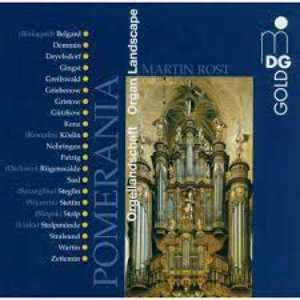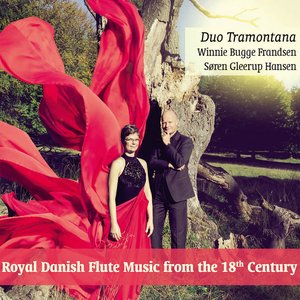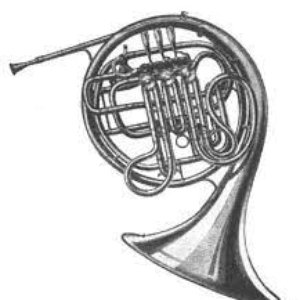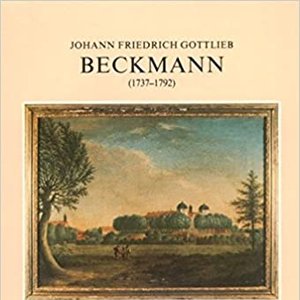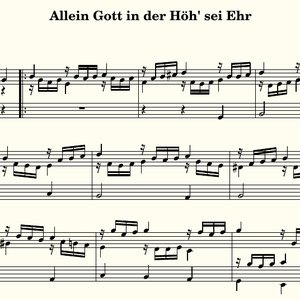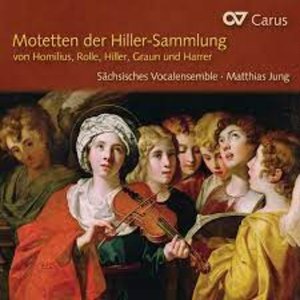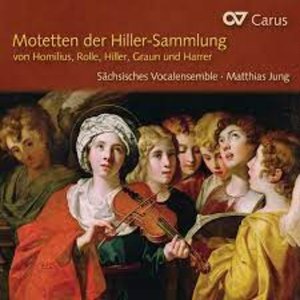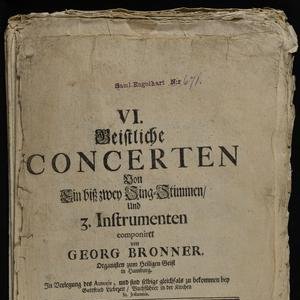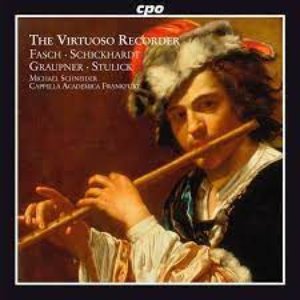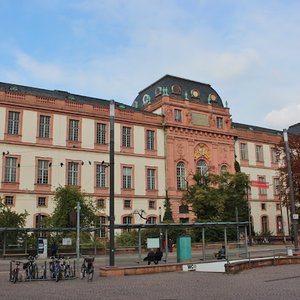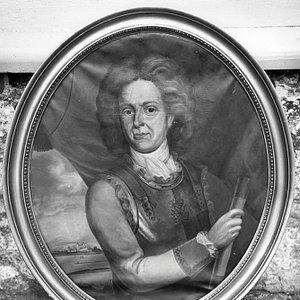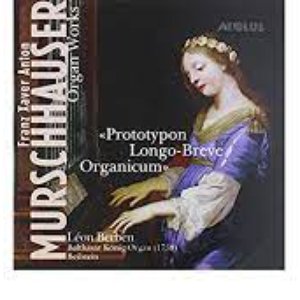Biography
P. Meingosus Gaelle (born June 16, 1752 in Buch near Tettnang, today in Lake Constance district, southern Württemberg , Germany ; died February 4, 1816 in Maria Plain ) was a theologian, scientist, composer and professor at the University of Salzburg.
Gaelle was born into an Upper Swabian peasant family and baptized with the name Johannes.
In 1769 he entered the Benedictine Abbey in Weingarten as a novice and in 1771 received the monastery name "Meingosus" during profession - certainly in memory of the musician of the same monastery, Meingosus Rottach, who had died 11 years earlier.
From 1771 to 1777 he studied at the Salzburg Benedictine University (1773 Dr. phil., 1777 Dr. theol.). It is here that he probably received his main musical suggestions: Michael Haydn , a later friend of Gaelle's, and Wolfgang Amadé Mozart worked as court music directors at the time .
After completing his studies, Gaelle returned to Weingarten and was ordained a priest. As a result, he worked, among other things, as a teacher for practical philosophy and mathematics at the lyceum of his monastery and held the monastic offices assigned to him.
In addition, he composed and collected the 57 songs of his song manuscript, to which he added six of his own compositions. His compositional work includes songs, church music, chamber music and "Adams und Evas Erschaffen, eine comic opera" for soprano, tenor, baritone and flute, viola/violone and harp (1796) based on Sebastian Sailer's "Schwäbischer Kreative" ("Swabian Creation"), through which he as a music creator is of lasting importance. "The keynote of deep seriousness and human greatness, which permeates Sailer's original, cheerful poetry, also resonates in Gaelle's music."
In 1804 Gaelle was appointed professor of dogmatics and church history at the University of Salzburg . 1806/07 and 1809/10 he was dean of the theological faculty.
In Salzburg, P. Meingosus Gaelle naturally had close ties to the Benedictine monastery of St. Peter and brought his friars there closer to the music of his time.
In 1811, following the abolition of the university, Gaelle became Superior of the Maria Plain pilgrimage site . There he also continued his experiments on electricity, the fruit of which are the two volumes of his "Beytrage".
An obituary describes him as a conscientious religious, a consummate musician and an amiable companion. He himself said of himself: "Seeking the truth and spreading the truth is my endeavor."
Artist descriptions on Last.fm are editable by everyone. Feel free to contribute!
All user-contributed text on this page is available under the Creative Commons Attribution-ShareAlike License; additional terms may apply.
